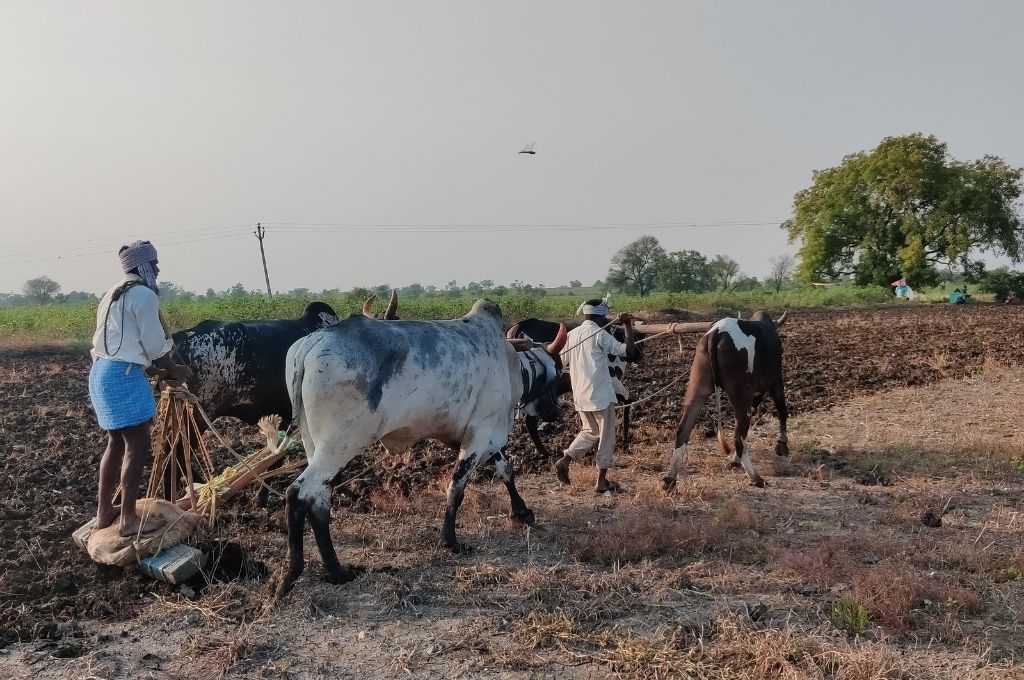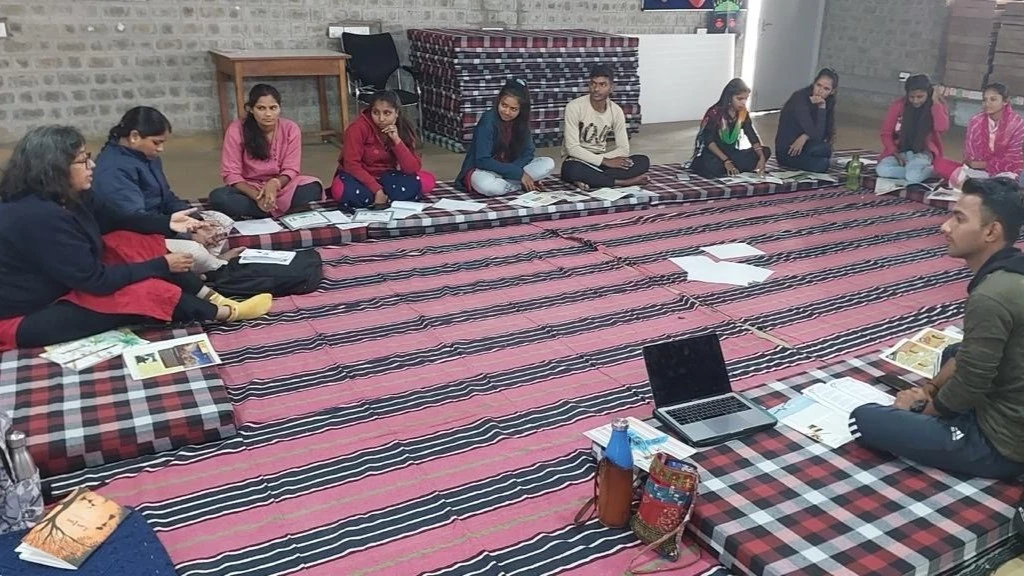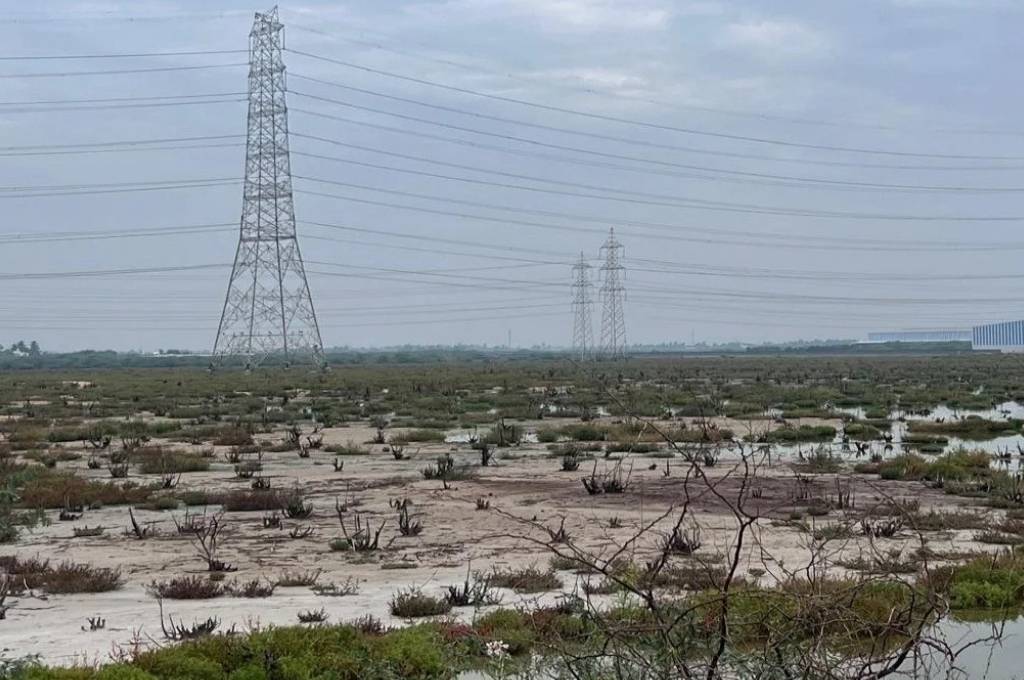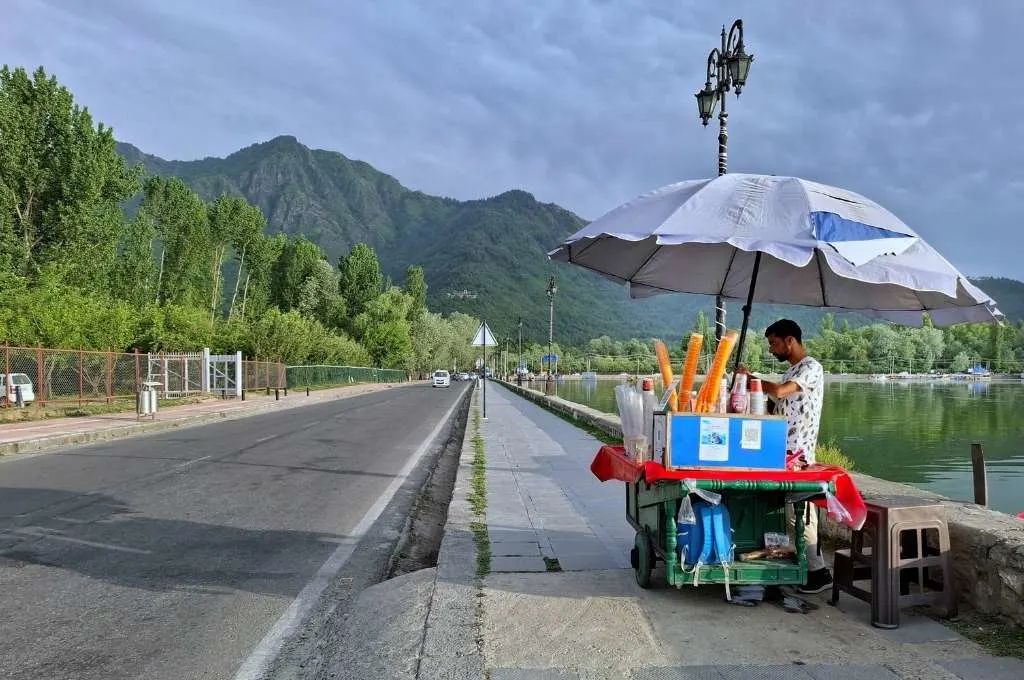Is owning land enough?

Small and marginal farmers, who own less than two hectares of land, account for 86.2 percent of all the farmers in India. However, they own just 47.3 percent of the crop area, according to provisional numbers from the 10th Agriculture Census 2015-16. In comparison, farmers with semi-medium and medium land holdings (anywhere between two and 10 hectares), own 43.6 percent of the crop area but make up only 13.2 percent of all farmers.
In Telangana, the Land Reforms Act, 1973, fixed a ceiling on the ownership of land and redistributed land rights with the objective of improving the socio-economic conditions of the landless poor. To understand this in more detail, I visited Pedda Nandigram, a village in Kodangal Mandal of Vikarabad district, as part of an immersive social entrepreneurship programme.
Small landholders (with one to three acres of land) belonging to Muslim, Schedule Caste, and Scheduled Tribe households comprise 23 percent of the total population of the village. On the other hand, approximately 15 upper caste families collectively own 300 acres of land in the area. As every household in the village owns at least one acre under the act, they choose to either farm on their land or lease it to the larger farmers.
So, how does a farmer take this decision? The operational costs for farming include seeds, fertilisers, pesticides, tractors, and labour. Farmers can end up spending around INR 15,000 per acre. In addition to this, access to water for irrigation is unequal. Large farmers have access to private bore wells, while some of the small farmers have to rely on larger common bore wells for irrigation.
Since an acre of land generates an income of only INR 5,000 per season, many small farmers prefer to lease their land and work as daily-wage agricultural labourers. Still, their earnings of INR 300 a day are not enough to meet their basic needs, and they end up borrowing from moneylenders at high interest rates.
Samridhi Jain is currently pursuing her postgraduate diploma in social entrepreneurship from the Transforming India Initiative.
—
Know more: Read about why we must listen to farmers in order to strengthen agriculture, and why it is important to secure land rights in India.
Do more: Connect with the author at Samridhi.tii@alcindia.org to understand more about and support her work.



